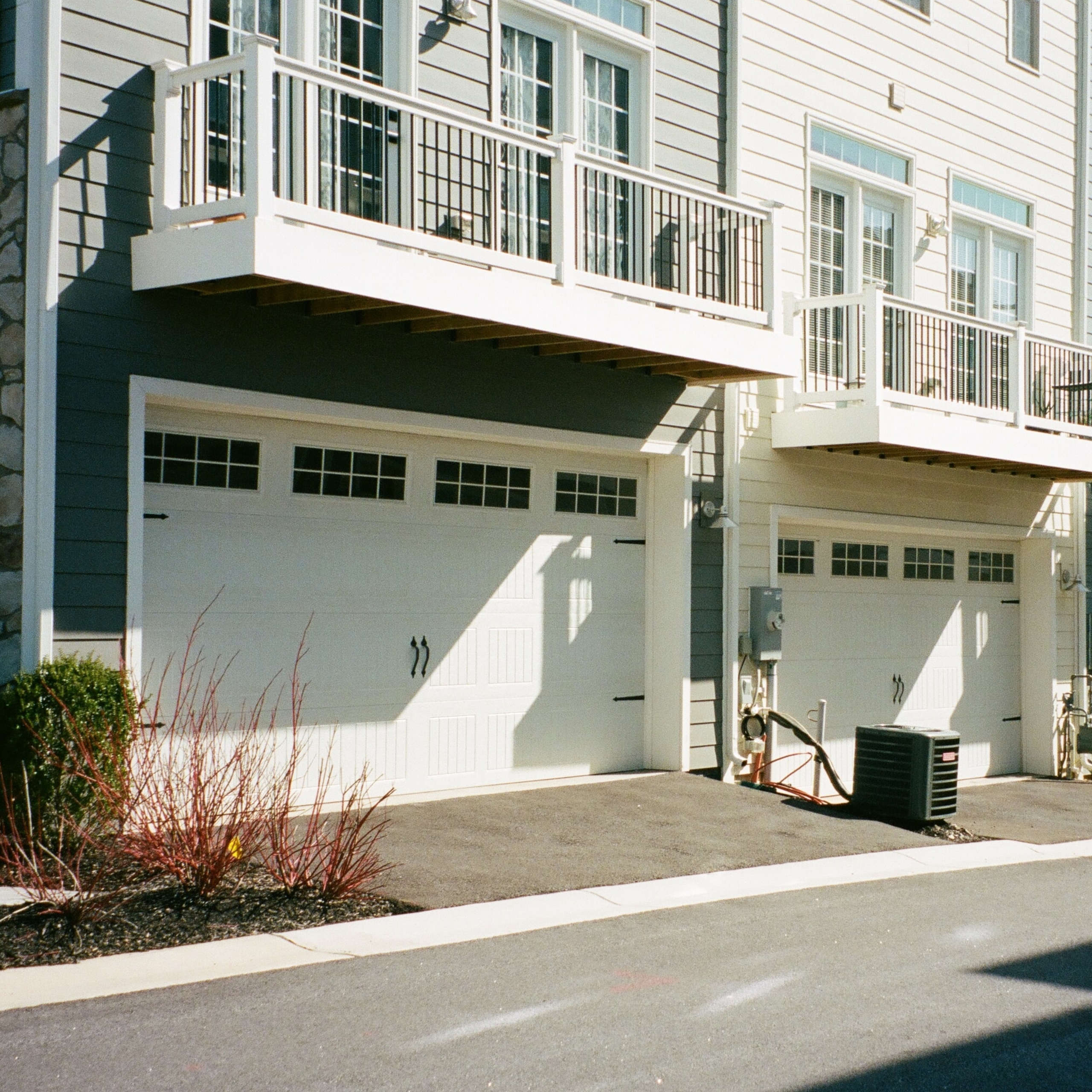Questions?
The DLegal team is here to support. We will do our best to assist or connect you with those who can help.
Send Us a MessageWhy Do I Need a Party Wall Agreement?

If you and your neighbor share a wall, such as in a townhouse, a party wall agreement will help to establish certain rights and responsibilities that both parties must adhere to when it comes to the shared wall. It will also help to address any potential disputes that might arise out of this property type.
If you are a property owner with a shared wall or looking to buy a property with one, get in touch with the real estate lawyers at DLegal. We can answer your questions or help to facilitate the creation of a fair and comprehensive party wall agreement.
A party wall refers to a shared wall, fence, or boundary structure between two adjoining properties. A party wall agreement, also known as a party wall award or easement, is a legally binding document that outlines the rights and responsibilities of adjoining property owners concerning a shared wall or walls.
A party wall agreement typically includes various terms and provisions that address the rights and obligations of one party or both property owners. Some common terms found in a party wall agreement may include:
Construction details: The agreement may specify the construction methods, materials, and standards to be followed when working on the wall.
Access rights: It outlines the access rights granted to each property owner for the purpose of carrying out necessary construction or maintenance work on the wall.
Cost allocation: The agreement may establish how the costs associated with constructing, repairing, or maintaining the wall will be shared between the property owners.
Dispute resolution: It may include provisions for resolving any disputes that may arise during the construction or maintenance process, such as mediation or arbitration.
Having a party wall agreement in place is essential for several reasons:
Legal protection: The agreement provides legal protection for both property owners by clearly defining their rights and obligations. It helps prevent misunderstandings or disagreements regarding the wall. It ensures that both parties are aware of the rules governing its use and its maintenance obligations.
Resolving disputes: In the event of a conflict or damage arising from construction work on the wall, the agreement provides a framework for resolving the issue. It outlines the procedures for dispute resolution and may require mediation or arbitration before legal action is taken.
Property value preservation: A properly executed party wall agreement can help preserve the value of both properties involved. It ensures that any construction work carried out on the party wall is done in a manner that minimizes potential damage and maintains the structural integrity of the wall.
It is a good idea to enter into a party wall agreement as soon as you purchase a property that shares an adjoining wall with a neighbor. However, it is typically required when one property owner intends to carry out construction work that may affect party walls. Examples of this kind of work include building an extension that adjoins the party fence wall, excavating near the wall’s foundation, or carrying out repairs or alterations that may impact the structural integrity of the wall.
Without an explicit agreement in place, there may be disagreements regarding the extent of the party wall construction, the methods used, or the allocation of costs. In such cases, legal action may be necessary to resolve the dispute, resulting in potential delays, increased costs, and strained neighborly relations.
While the agreement is generally a collaborative process, it is possible for an adjoining property owner to refuse to enter into such an agreement. In such cases, the property owner planning the construction work may need legal advice to explore alternative options or consider legal proceedings to resolve the matter.
Sometimes party wall agreements have an expiration date or a specific period mentioned in them. Once that time passes, the agreement is no longer valid. If the owner of the affected property wants to remove the agreement from the records because it has expired, they can submit a request to the Registrar. They don’t need to go through the usual document verification process. Once the removal request has been approved, the agreement will be removed from the records and no longer have any legal effect.
In Alberta, party wall agreements are not automatically transferable to new owners during the sale of a property. In order for the party wall agreement to be binding on future owners of the properties involved, it must be officially registered at the Alberta Land Titles Office. When buying a property with a party wall, you should review all the registrations associated with the property to ensure that a party wall agreement is in place, as well as the legal requirements of the agreement before buying the property.
Party wall agreements play a vital role in managing and resolving disputes related to walls or boundaries. An experienced real estate lawyer can provide valuable guidance on any existing party wall agreement or contractual provisions which may need to be included when drafting a new one. By having a legal professional review it, you can rest assured that all of the bases are covered, and you won’t open yourself up to potential liability.
At DLegal, we see party wall agreements on a day-to-day basis. We have an in-depth understanding of what to expect and what leverage we can use during negotiations. Reach out to DLegal today for guidance on party wall agreements in Alberta.
Please note that this is simply a general overview of the subject and does not constitute legal advice. Consult a lawyer for formal advice on your specific situation.
The DLegal team is here to support. We will do our best to assist or connect you with those who can help.
Send Us a MessageSubscribe to our Newsletter to Stay Updated on Legal News
Notifications